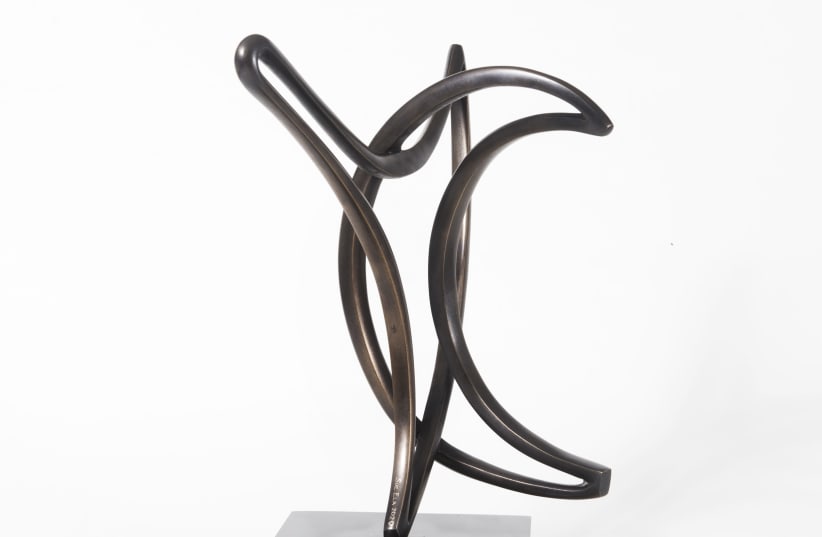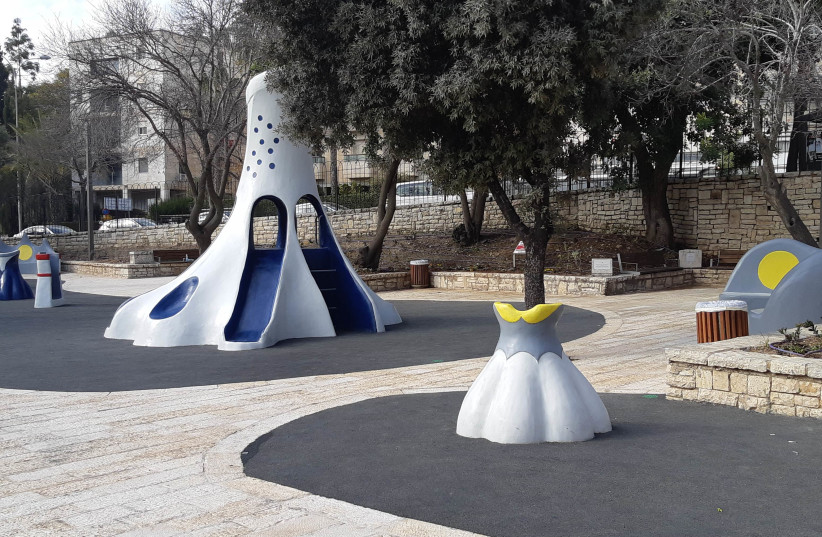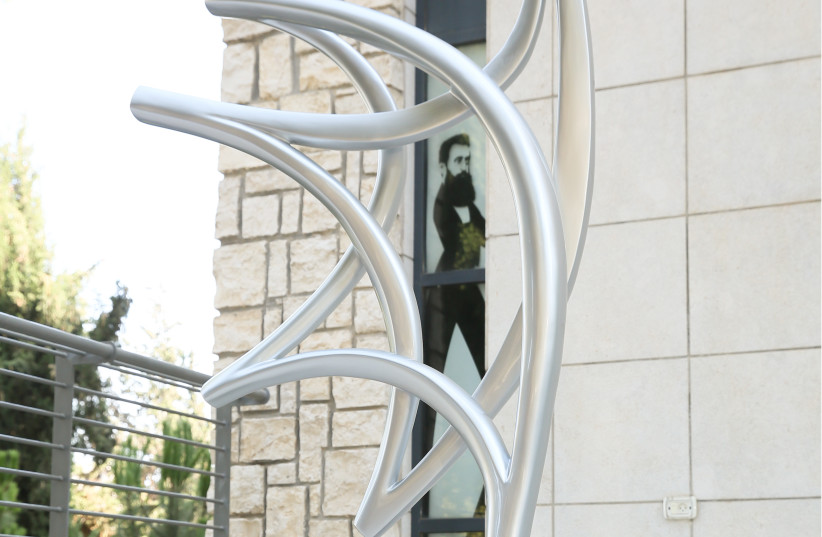“I’m totally convinced that people have the ability to change and grow,” says Sue Ela. One would be hard-pressed to find someone who better exemplifies this belief than Ela herself. Sue was born in Worcester, Massachusetts, and came to Israel in 1970, intending to spend a year abroad and then return to the United States.
Instead, she fell in love with Israel and decided to stay. “I was the only Zionist in my family,” says Sue. “Everyone thought that there was something wrong with me for wanting to come to Israel. Then, when I said I was staying in Israel, they thought that I had totally lost it.”
Sue settled in Israel, earned her masters’ and doctoral degrees in psychology at The Hebrew University, and enjoyed a successful thirty-year career as a psychologist in the Jerusalem child development center. “I loved working as a psychologist,” she says. “I loved helping people. I worked with many children, families, and couples, including kids with severe developmental disabilities and autism.
I felt my work was a mission to help people. After leaving the public sector in 2000, Sue opened a private clinic, providing trauma work, divorce mediation, individual and couple therapy. She also turned to sculpture. “I felt that I had to justify my early retirement,” says Sue, “and I started studying sculpture, never expecting to turn it into a second career.”
After taking classes in sculpture, both at the Israel Museum and with private teachers, Sue turned her avocation and hobby into a successful occupation. “It just became a second career unexpectedly,” she says. “It just gives me so much pleasure and excitement. It’s become a whole new thing.” Sue always enjoyed arts and crafts, as well as dance, but learning the techniques of sculpture was challenging. It took time for Sue to master rendering the human anatomy, but she persevered and mastered her craft.
Sculpture is a natural continuation of Sue’s career as a psychologist, allowing her to express the complicated emotional realm of women, couples, and relationships in art. “The subjects are basically the same,” she says, “because as a psychologist, I worked with children, families, couples, and individuals, and that’s what I sculpt until this day. My favorite technique is bending steel wires, covering them with clay and casting them in bronze or polyester.”
Sue designed an interactive family sculpture park that encourages direct contact between children, adults, and sculpture. The sculptures stimulate the imagination and encourage familiar and treasured experiences like climbing and sliding. Two of these interactive sculptures were built and placed in Modi’in in 2013. Another creation, ‘Dance,’ cast in bronze, two meters high, was commissioned for the Legacy Heritage Healing Garden at Soroka Hospital in Beersheva.
One of her most popular projects is ‘The Kingdom Playground,’ located in Jerusalem’s Liberty Bell Park. The playground was inaugurated in January 2019 and features eight huge sculptures of royal images. The queen’s gown and the king’s suit are five meters high with five slides. There are two large benches in the shape of a king’s and a queen’s crown and four sculptures of princes and princesses that children can stand behind to be photographed.
Sue’s sculpture, ‘Vision,’ created in memory of her late husband, who passed away three and a half years ago, was recently unveiled at Mount Herzl in Jerusalem. The three-meter-high sculpture is cast in aluminum and is characterized by curving and flowing lines in varying widths. On one side of the sculpture is a Star of David, and on the other side is a dancing couple. The reciprocal relations between the different sides of the sculpture depict interaction based on mutual respect, cooperation, and unity, symbolizing harmony between couples, peoples and nations.
In 2021, her 'Peace Dove' sculpture was selected as the statuette prize for the winners of the Haifa International Film Festival. The sculpture portrays a dove that symbolizes peace, tolerance, mutual respect, and human rights. The other side of the sculpture depicts a couple dancing, which represents living in harmony with constant awareness of the other.
Sue’s next dream is to have her sculpture ‘Unity’ enlarged as an outdoor sculpture. This sculpture represents the symbols of the three main religions in Israel - the Crescent Moon of Islam, the Christian Cross and Judaism’s Star of David. The three symbols are intertwined in a synchronized language characterized by rounded and flowing dynamic lines, depicting a kind of flight. The reciprocal relations between the symbols are an expression of coexistence, cooperation and tolerance.
Of all her works, which are her favorites? “It’s got to be two,” Sue replies. “The first is the Kingdom Playground in Liberty Bell Park, which has two large structures that children can slide down and play on. It’s very meaningful to me when I see my grandchildren playing on it. I go there, and I see how much people enjoy it.”
Sue’s other favorite is the sculpture on Mount Herzl that she created in memory of her husband. “It’s an amazing honor for me to have a piece of sculpture at Mount Herzl,” she says,” and to have my children and grandchildren see it and see what I did in memory of their father and grandfather. Jerusalem has a very warm place in my heart, and to have my own sculpture in Jerusalem is really a very exciting thing for me.”
Sue’s late husband came from a large, close-knit Kurdish family, and Sue and her husband raised their four daughters in a warm, family-oriented atmosphere. “Family is the most important thing to me today,” says Sue. “We get together almost every Friday night, and we are very connected. That’s the most exciting thing in my life because I believe that the most important thing is relationships.”
Sue Ela – psychologist, sculptor, widow, mother, and grandmother of ten – has grown and changed over more than fifty years living in Israel and still retains her optimism. The theme of her sculpture, she says, is “movement and change and flow, positivity, joining together and commitment.” She has undoubtedly applied these values to her life as well.


